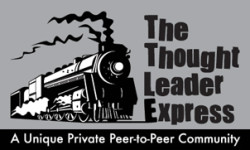Here’s the real conundrum faced by 401k plan sponsors: They realize they don’t have the expertise to administer the plan. So, what do they do? It’s only natural they do seek outside help for their retirement plan. The trouble is, not all third parties are created equal. But does the average plan sponsor know this?
Education

Viewing this content requires a Basic (Free) Membership or better. You are not currently logged in. If you have an account, you may login below, or use the “Log In”

Plan sponsors ought naturally to know how the plan addresses the needs of their business, but do they really know how to tweak the plan to improve outcomes?

This isn’t a compliance audit, it’s an operating efficiency audit. That covers plenty of ground, from technology to benchmarking the value offered by the service provider.

Eliminating the match and investing a large portion of retirement savings in bonds creates a risk. It may cause the retirement savings to go down in flames.

In the spirit of the season, one might even think of this as “tricking” employees to save. Plans sponsors are already using these tricks.

Participation is one thing. It’s critical that retirement savers build on the momentum of participation and use that to increase the amount of dollars that get contributed to their article. How can plan sponsors facilitate this?

How strong an argument is there for auto-enrollment? Remember, the key feature of the 2006 Pension Protection Act was to encourage auto-enrollment. The SECURE Act has even stronger language.

These service providers bring in expertise and can engage the worker directly. Once set in place, the plan sponsor can step aside and let the system run on its own.










